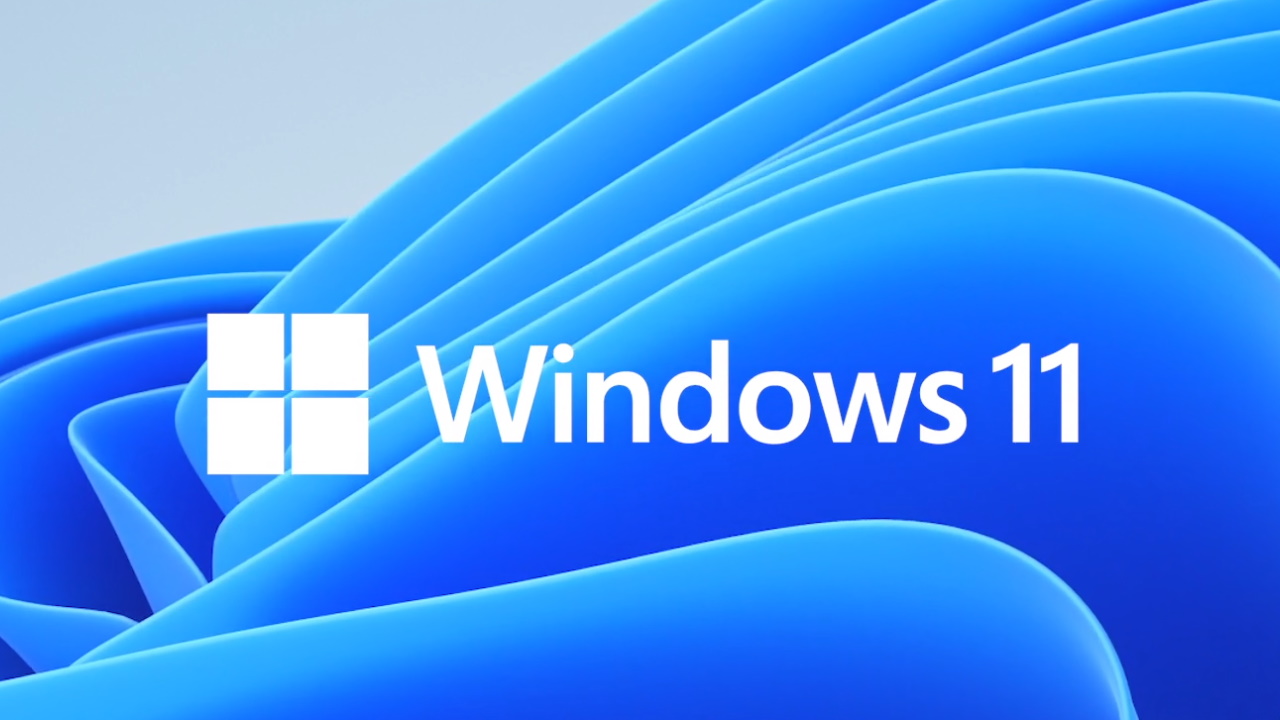Microsoft is installing the Windows 11 compatibility checker on your PC whether you want it or not
Microsoft's next update drops the PC Health Check program on every Windows 10 user.

Microsoft doesn’t care whether or not you’re ready to upgrade to Windows 11 yet. If you’re a Windows 10 user, the latest update (KB5005463) will include the PC Health Check program that’s primarily used to determine whether or not your PC can handle Windows 11.
Previously, you had to visit Microsoft’s Windows 11 site to download and install PC Health Check. While the app itself doesn’t force you to install Windows 11, it’s the primary tool for you to check if your computer will be able to withstand the upgrade.
Unfortunately PC Health Check isn’t as reliable as you might think, given it’s Microsoft’s own program. Before it was recently updated, the program couldn't specify why a PC wasn't Windows 11 compatible. The new version of the app, while improved, still suffers from being unclear about your PC's hardware. The infamous TPM 2.0 requirement is a good example. The application doesn’t make any effort to explain if your PC supports it or if you just have it turned off. It’s a crucial detail that’s left out for some reason.
PC Health Check isn’t the sole arbiter of your PC’s compatibility with Windows 11—you can easily bypass the TPM requirements, for example. But going out of your way to install Windows 11 on what the app calls an "unsupported PC" could lead to issues in the future, like potential problems in games or being denied Windows updates. As we said in our Windows 11 review, regardless of your PC’s status, you should hold off on upgrading to it for right now.
Microsoft’s insistence on installing this program to your PC isn’t surprising as the operating system begins to seep out into the world, but it feels like a concerted nudge to combat a fairly weak launch.
If you don't care what Microsoft has to say about your PC's Windows 11 compatibility, you can uninstall Windows PC Health Check from the Apps & Features settings menu.
Keep up to date with the most important stories and the best deals, as picked by the PC Gamer team.
Tyler has covered videogames and PC hardware for 15 years. He regularly spends time playing and reporting on games like Diablo 4, Elden Ring, Overwatch 2, and Final Fantasy 14. While his specialty is in action RPGs and MMOs, he's driven to cover all sorts of games whether they're broken, beautiful, or bizarre.

